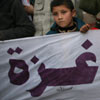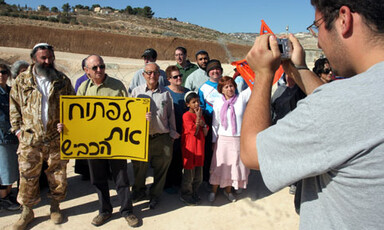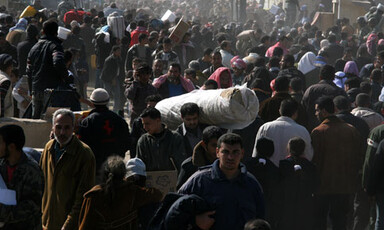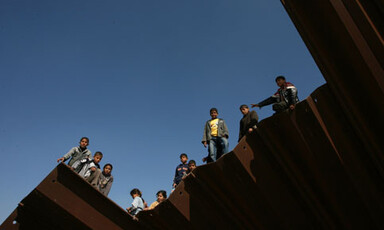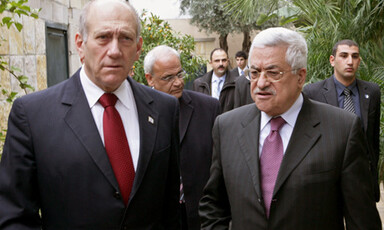
The PeaceMaker
29 January 2008
I have succeeded in making peace between the Israelis and the Palestinians. In an interview preceding the Annapolis Conference, Palestinian Authority (PA) negotiator Saeb Erakat claimed that peace could be delivered in half an hour. The basis, everyone already knows, is the Clinton draft: two states with border adjustments and division of Jerusalem. In my case, peace took two hours — or, well, two years. I delivered it in 2009. Jonathan Ben Efrat comments on the Peres Peace Center’s and the Israeli establishment’s video game conception of Israeli-Palestinian peace. Read more about The PeaceMaker



